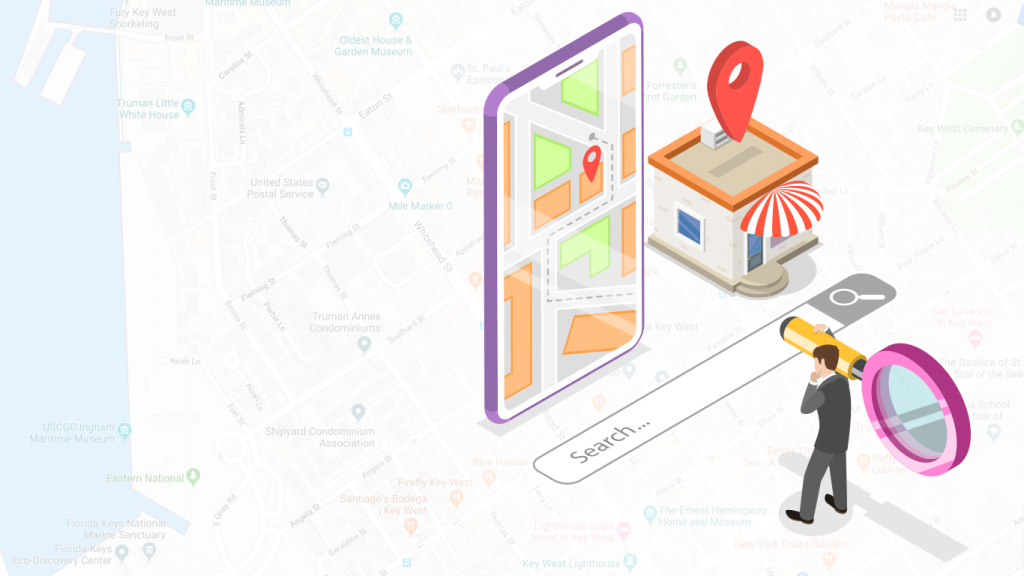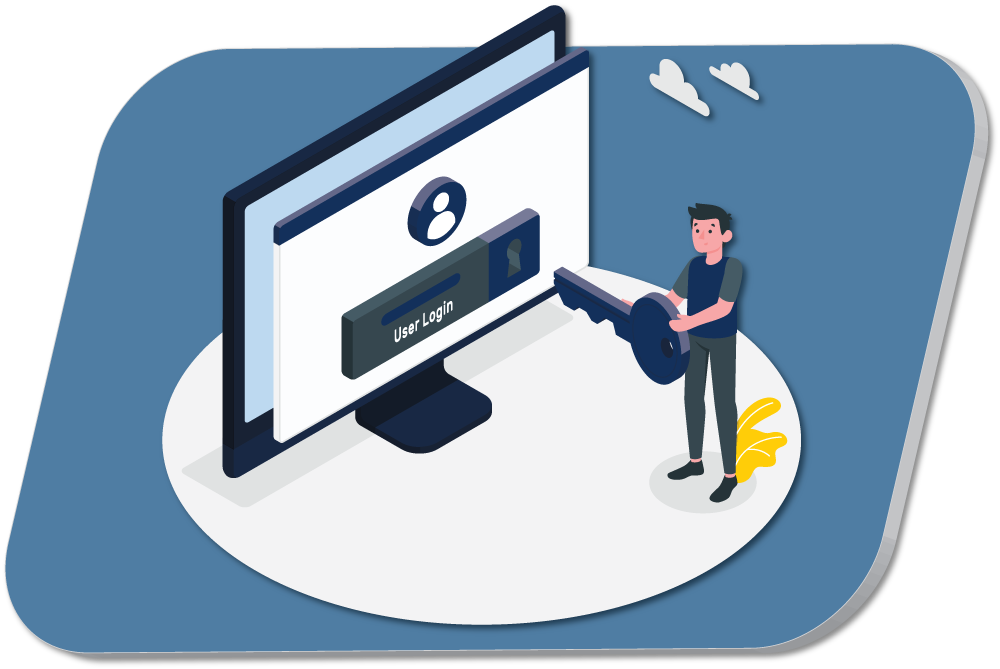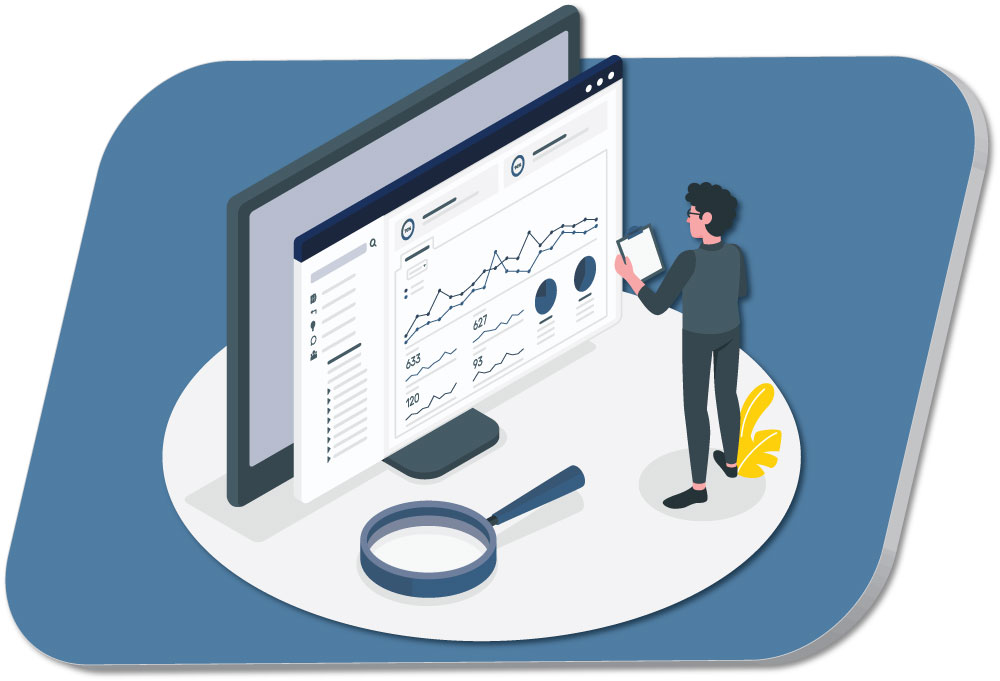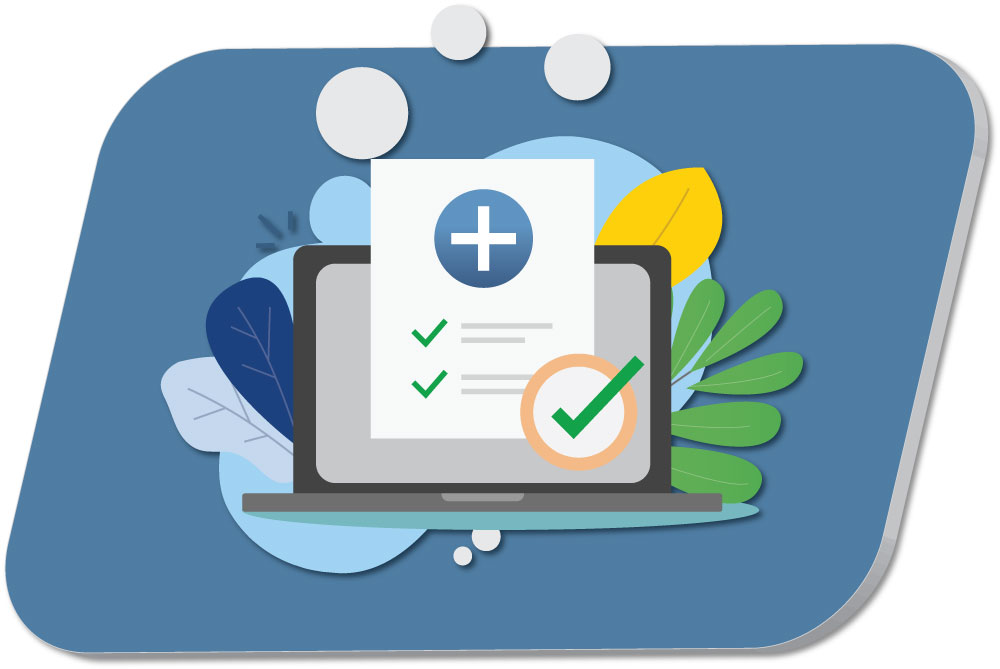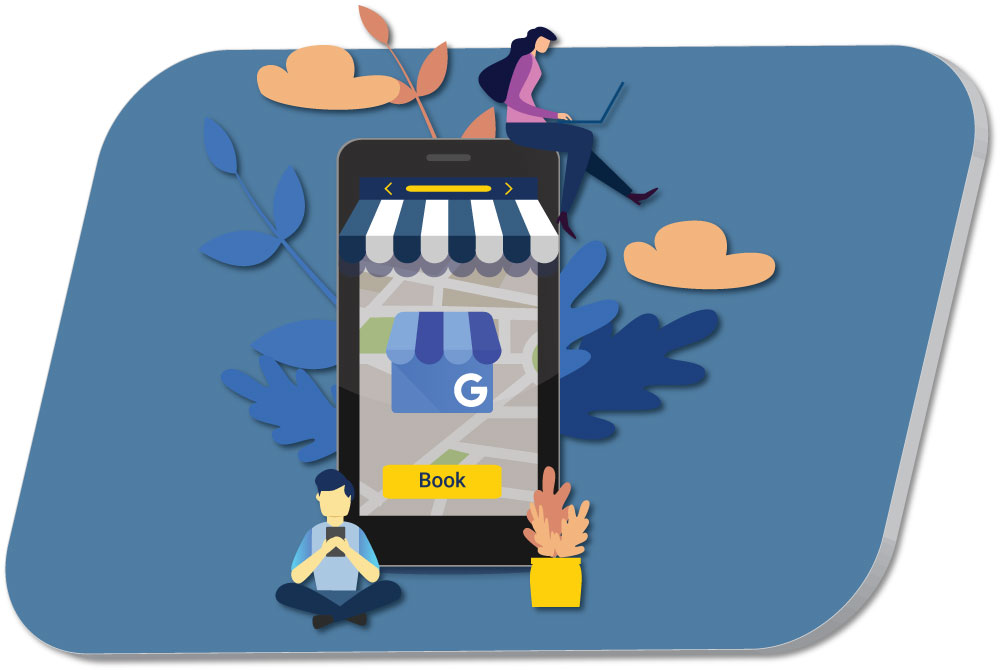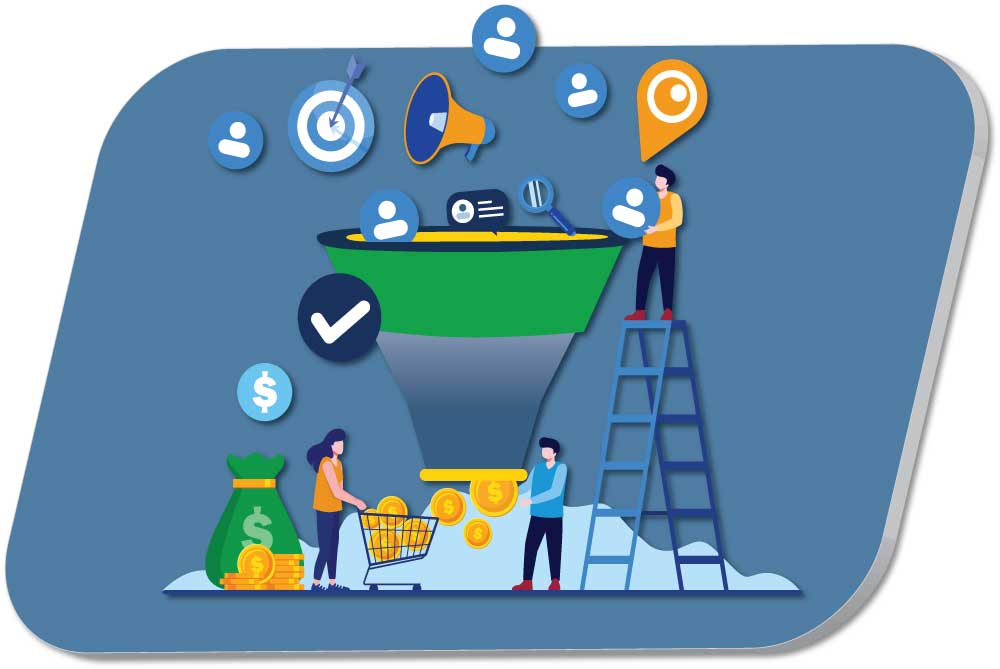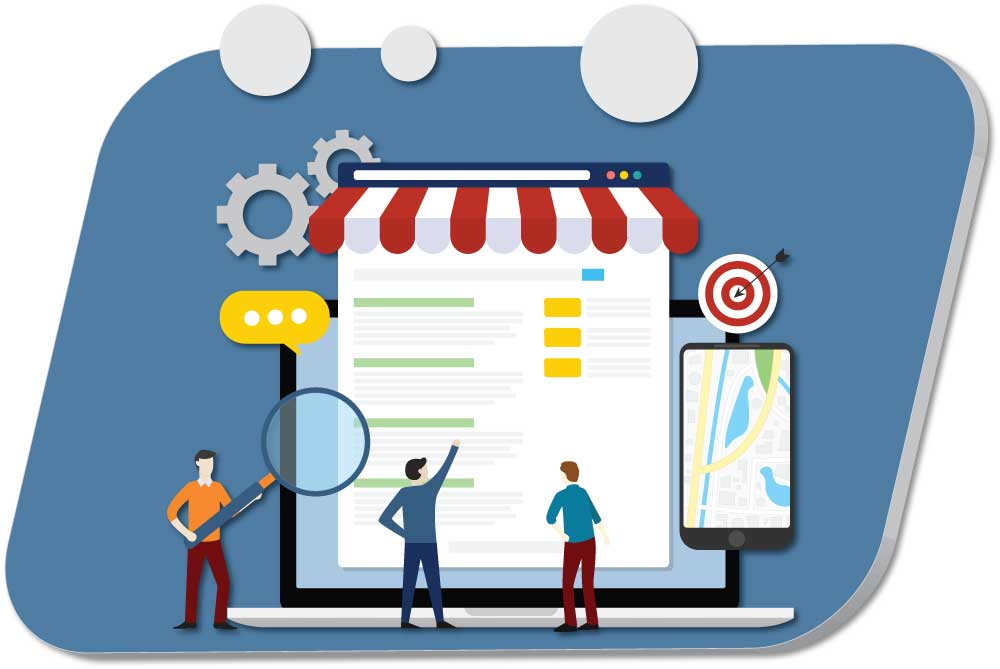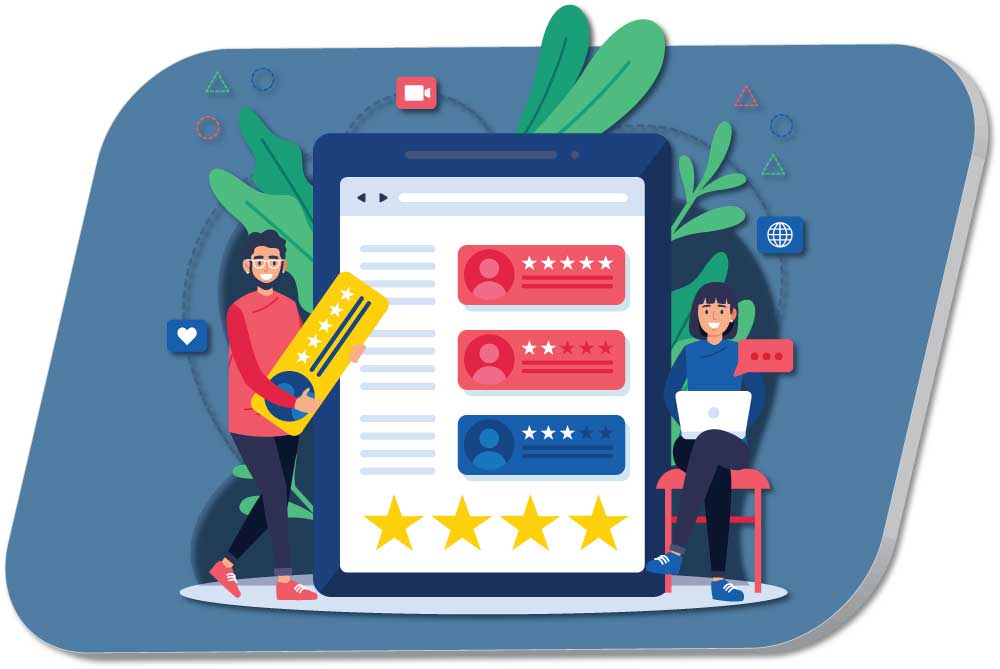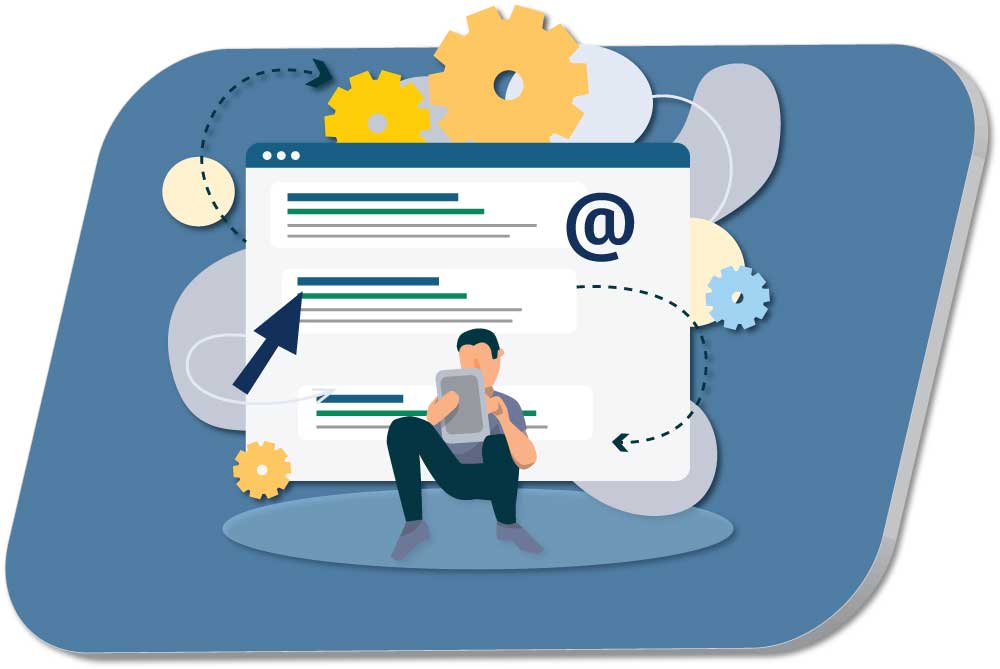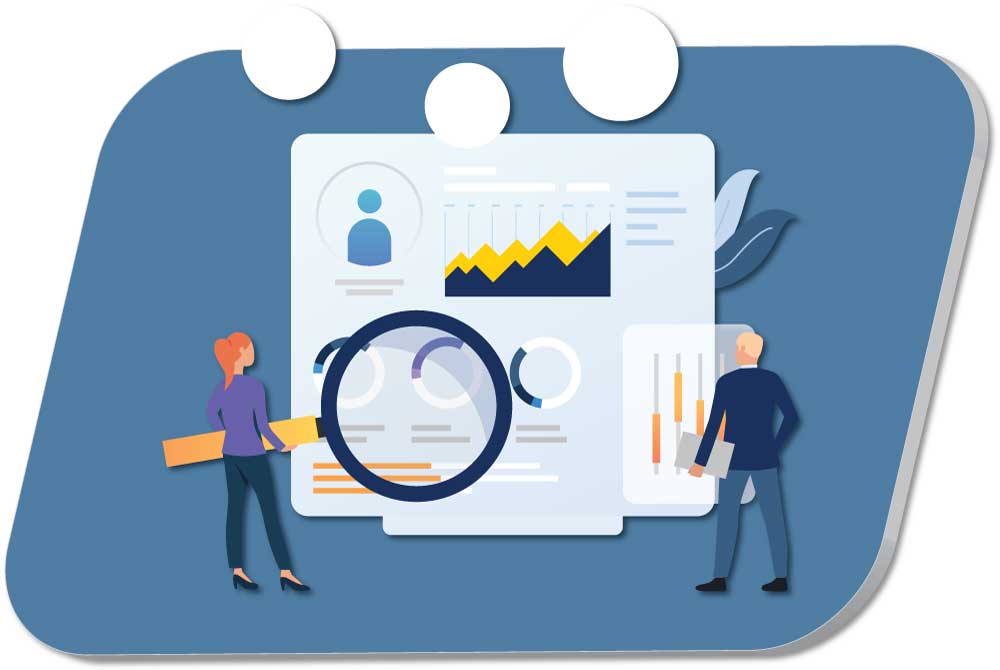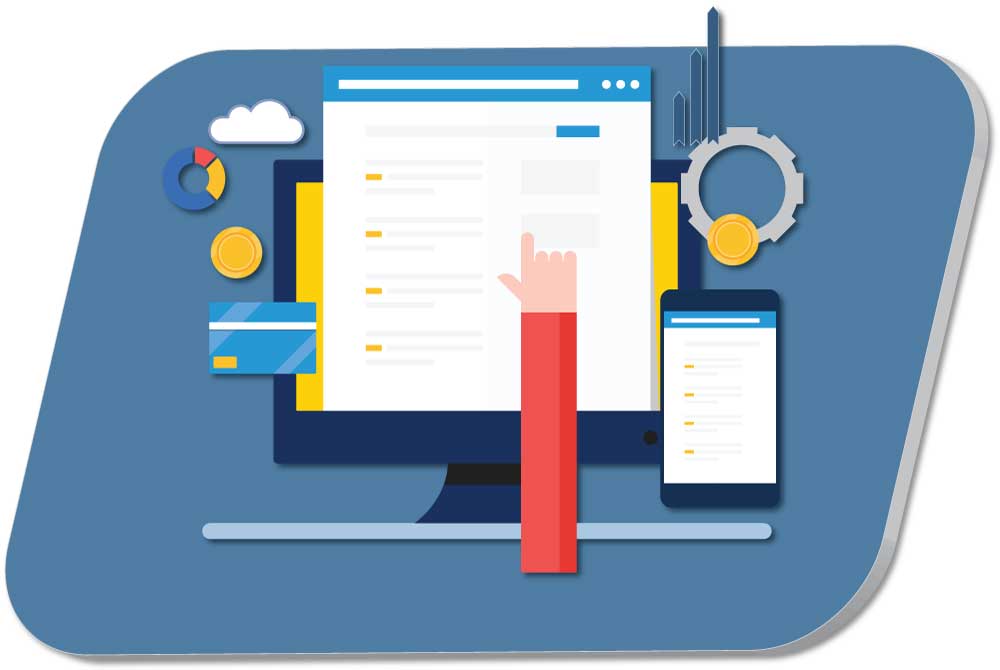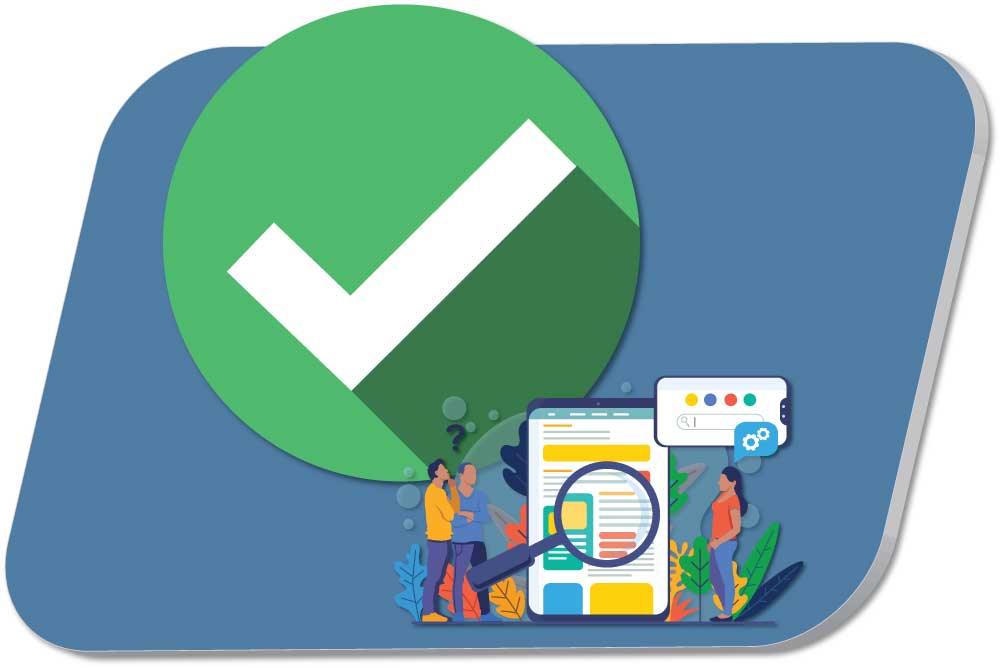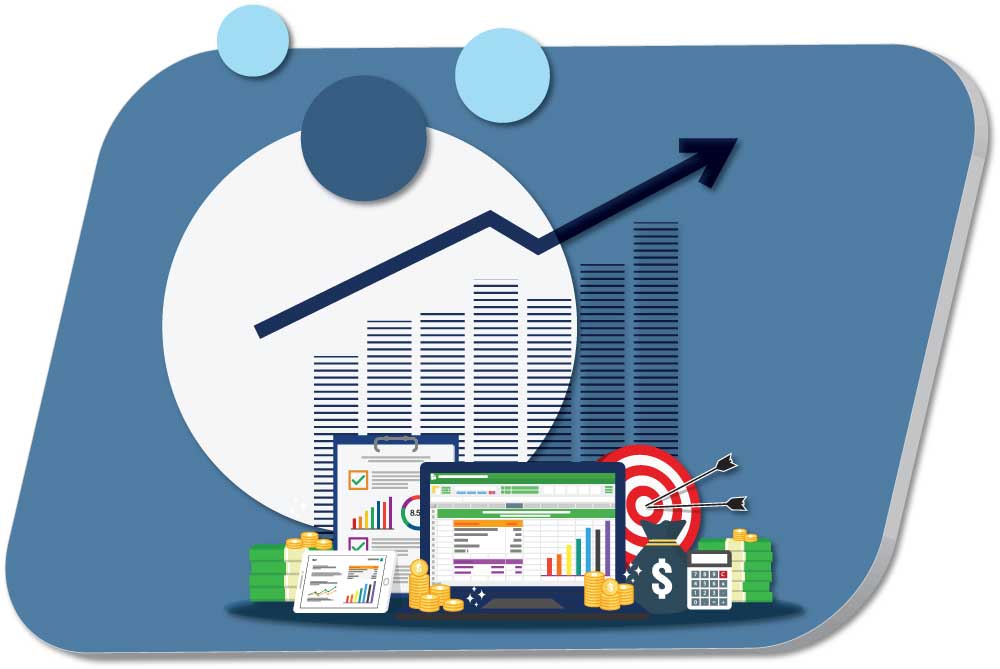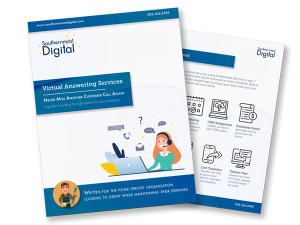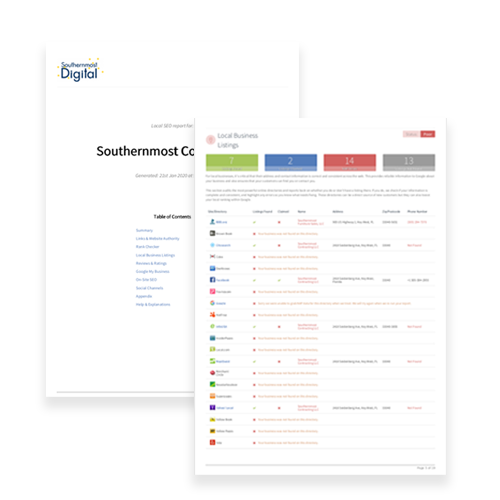PPC and SEO professionals descended upon San Jose this week for the annual SMX:West event. One of the hot topics was Local SEO and new ways that companies can improve their performance.
Local SEO is extremely important for businesses that depend on people within their community interacting with them, shopping in their stores, inviting them to their home for service, or visiting their location such as medical professionals, home service providers, or restaurants.
So What's New with Local SEO?
Perhaps not much in terms of what is NEW as much as reinforcing what companies should be doing:
- Reviews – work hard to get these, work harder to make them 5-stars. Respond to all reviews you receive, even a “Thanks for the positive review” and especially answering any negative reviews you may receive. Potential customers will be on the look-out for how you deal with these, do your best to rectify the situation and right the wrong.
- Use Questions & Answers – Even if you need to start off the questions and answers yourself, this is a great way to give basic information about your business in an organic looking way. Think of what questions your potential customers would have and ask/answer those.
- Use Google Posts – Through Google My Business (GMB as those in the know like to call it), you can now post information, specials, images, videos. We all know how Google loves fresh content. Try posting once/week to keep the content fresh.
- Local Links – Participate within your community. Get involved in walks, charities, work with other businesses and exchange links. This will help cement your business within the community.
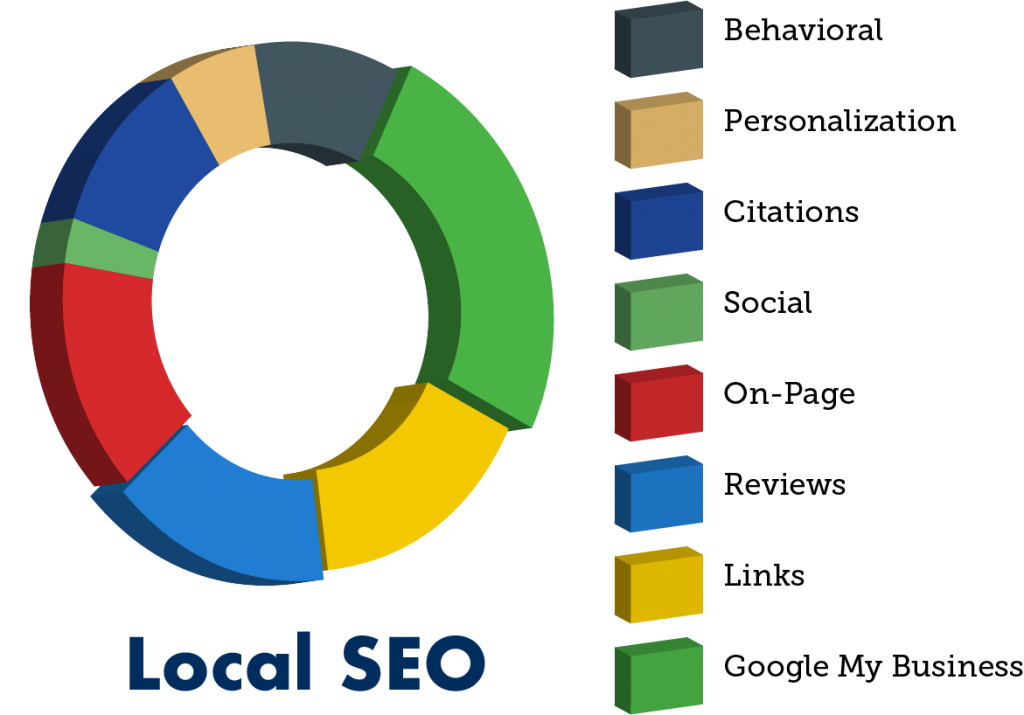
Factors that Influence Local SEO
In a 2018 review of local ranking factors, SEO authority site MOZ ranked the most important influencing factors, with Google My Business (25%), inbound links (16%), and reviews (15%) having the largest impact on a company’s local SEO ranking.
Top Raking Factors Include:
- Google My Business Listing – This is beyond important for any local business, set-up your Google My Business Page. This free tool from Google gives businesses an outlet to share reviews, answer to questions, give pertinent information such as store hours as well as let your customers know where you are located.
- Reviews – Your customers are your greatest advocates. By giving them a voice to share their positive experience with your company, you give your potential customers a glimpse of what it would be like to work with you. Using a review management platform can help not only build your 5-star reviews, but also allow you to fix an issues existing customers may be having.
- Links – Getting businesses and websites within your community to backlink to your site will help improve your local visibility. Are you involved in any charities? Part of the local business associations or chamber of commerce? Having those businesses, charities, and organizations put a link on their site back to yours will help improve your local SEO.
- On-Page – Include keywords in your page titles and on your pages. If you have presence in Decatur, IL – have a page on your site about that. Share information about the office or how you service that community.
- Citations – Have your name, address, phone number (NAP) highlighted prominently on the site as well as listing in the local yellow-pages and other relevant directories.
- Personalization – How does your site and page relate to the individual – how personalized is it to their experience? Someone searching for “football” in the US will have a different experience with search results in Google or Bing than someone searching for “Football” in Spain.
- Behavioral – This has a lot to do with the user as well. Are they on desktop, mobile? What have click-through rates (CTR) been to your site? How about bounce rates? Are people finding the information they want and reading more or are they leaving almost immediately?
For a more detailed review of Local SEO and factors involved, take a look at our partners MOZ and Search Engine Land for a much more in-depth look at Local SEO.


